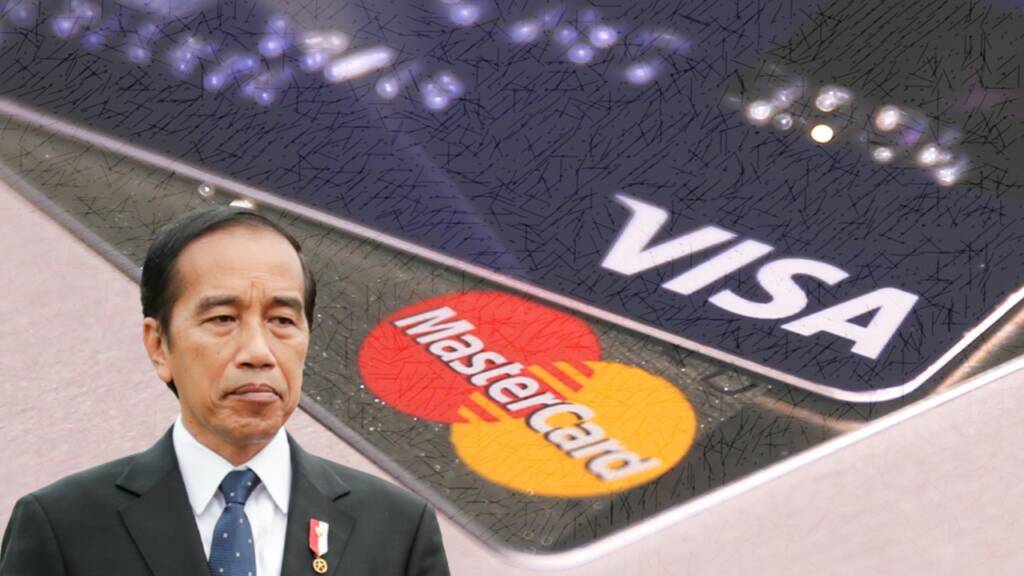Recent decision of Indonesia to phase out the use of Visa and Mastercard has sent shockwaves through the global business community. The move, announced by President Joko Widodo, has been motivated by concerns over the country’s dependence on foreign payment systems, as well as by looking at the sanctions on Russia.
The decision could have major implications for businesses operating in Indonesia and for tourists visiting the country. Visa and Mastercard have long dominated the payment market in Indonesia, but this is now changing as small towns in the country are promoting their own payment systems, such as GoPay, OVO, and DANA.
Read More: Xi’s re-election has tanked the Chinese economy, but Indonesia is making fortunes out of it
This shift towards homegrown payment systems is reflective of a broader trend towards a multipolar world, where countries are increasingly looking to protect their own interests and reduce their dependence on foreign powers. It also highlights the declining influence of Western companies in regions like Africa and Asia, where local competitors are gaining ground.
However, the decision of Indonesia to phase out Visa and Mastercard is not without risks. These global payment giants have established a strong reputation for security and reliability, and their absence could potentially leave the door open for fraud and cybercrime. It remains to be seen whether Indonesia’s own payment systems will be able to provide the same level of security and convenience as Visa and Mastercard.
Read More: Joko Widodo stuns Indonesian Islamists
Overall, decision of Indonesia to phase out Visa and Mastercard highlights the growing trend towards protectionism and the rise of homegrown businesses in emerging economies. While it is too early to predict the long-term impact of this move, it is clear that businesses and consumers will need to adapt to a changing landscape in the global payment market.
